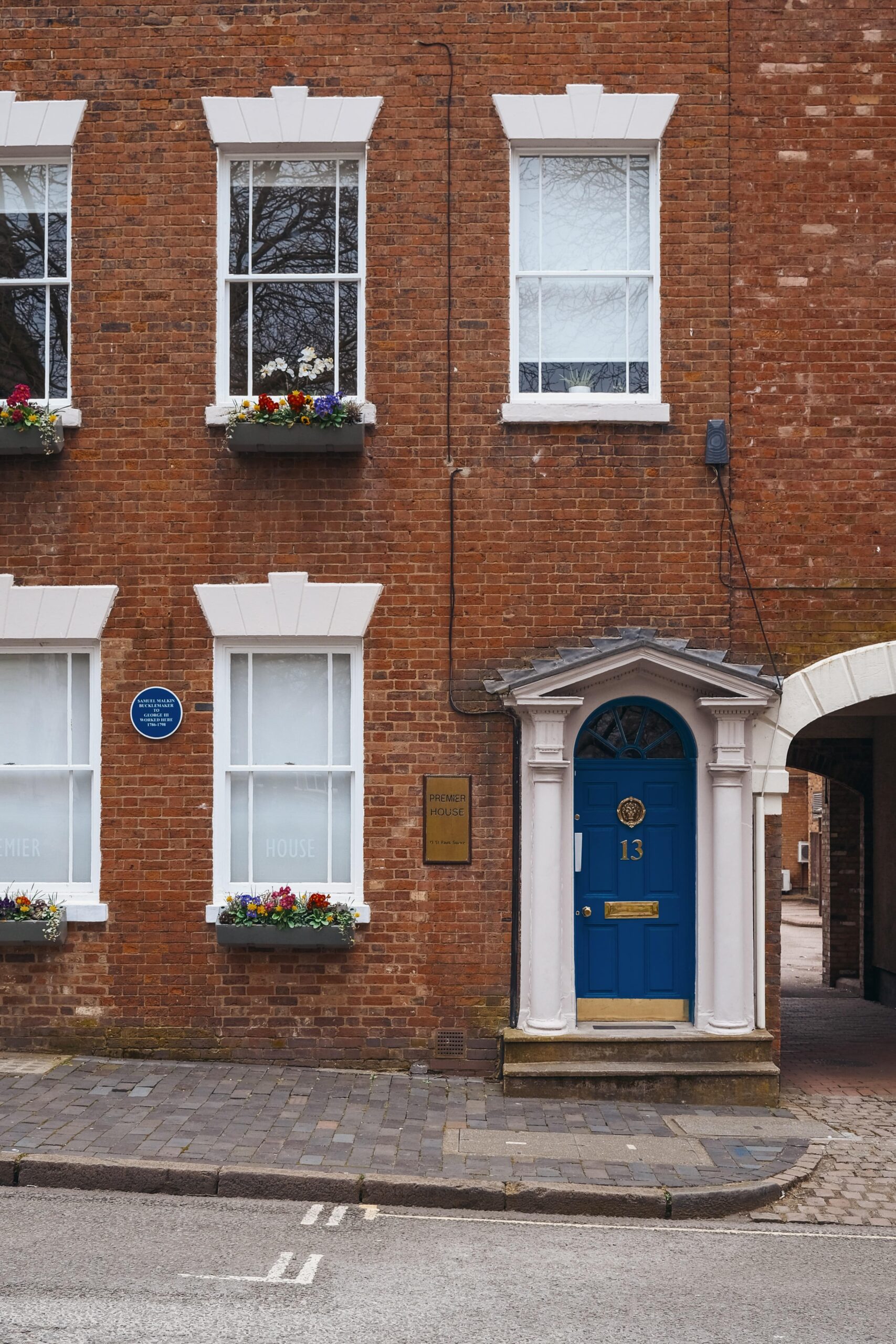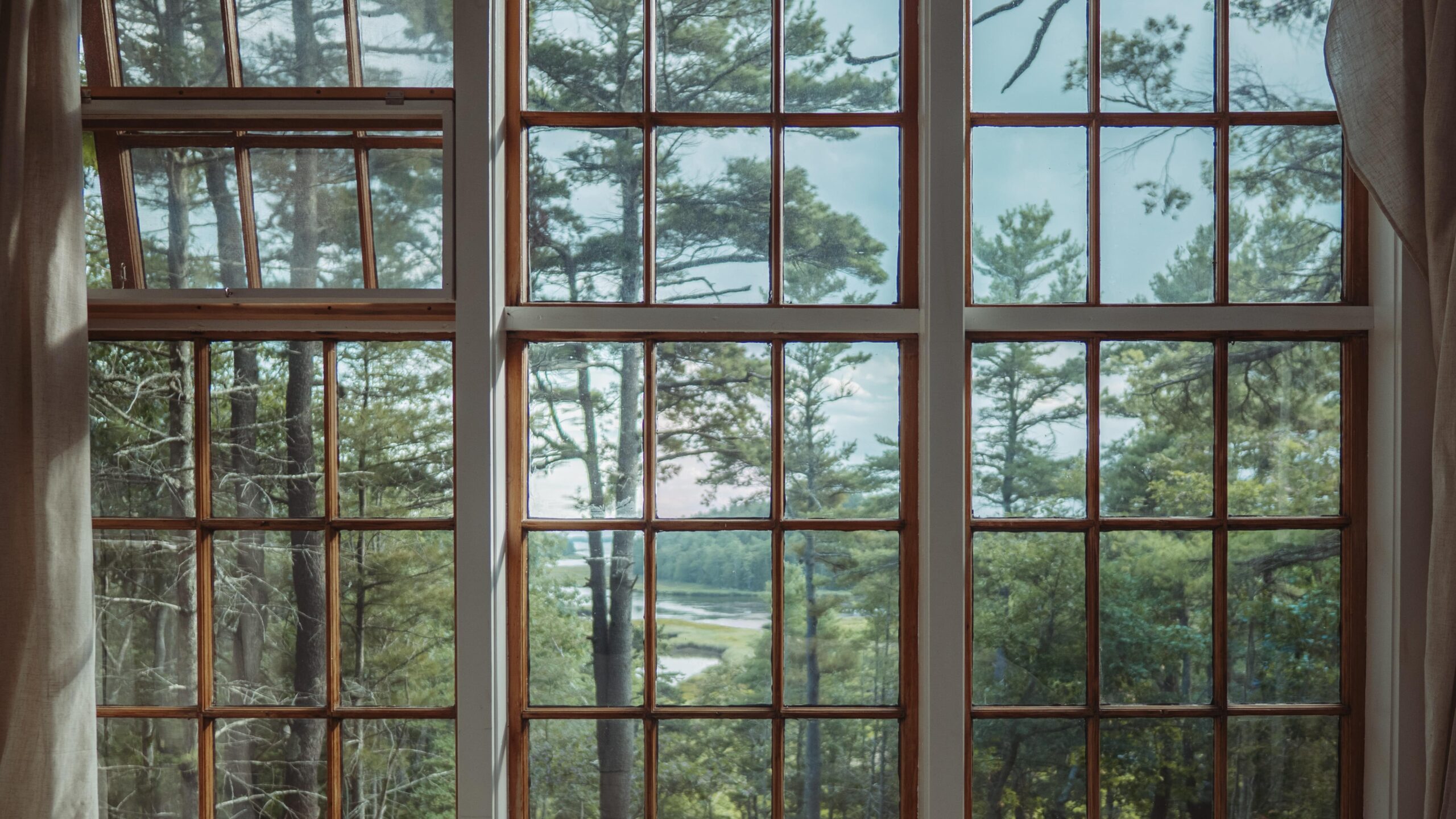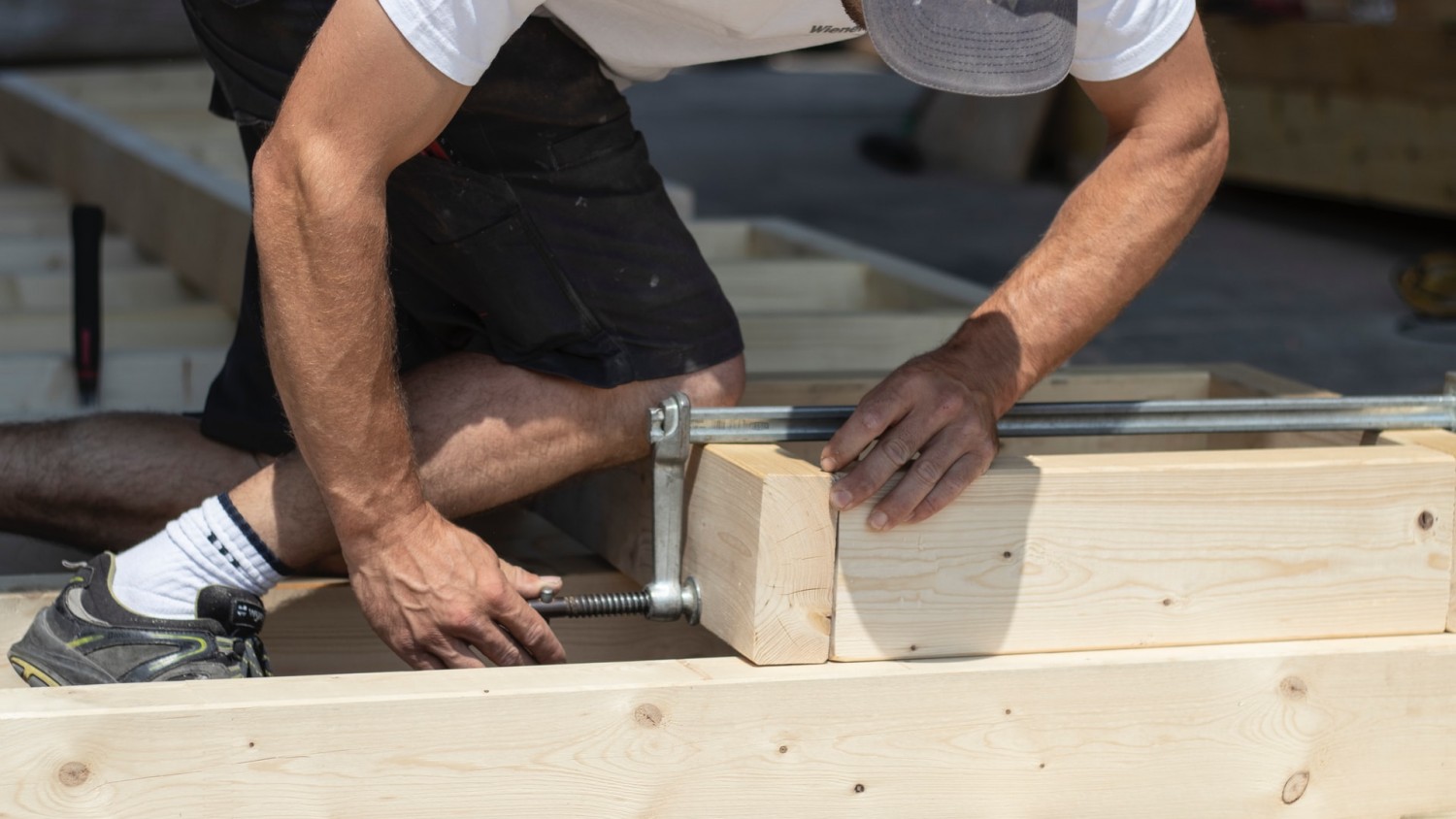There are many decisions that homeowners have to make when it comes to their windows: vinyl or wood. The decision is not an easy one. We will compare vinyl and wood windows in this blog post to help you decide the best option for your home. Vinyl vs Wood – Which One is Best? There are so many factors involved in making a decision like this; we’ll be sure to cover them all! From the energy efficiency and cost range of each window material, a vinyl vs wood comparison includes the pros and cons of both vinyl or wood for installation purposes as well as maintenance care tips on cleaning each window type.
Wood vs Vinyl windows? Let’s take tackle materials first.
Quality Materials
Wood windows are made of wood…naturally. And vinyl you say? Vinyl windows are made of vinyl, an inexpensive way to make a window look like wood.
Wooden windows can have beautiful designs and patterns in the material that vinyl just doesn’t offer. They also typically weigh much more than vinyl which means they’re less likely to break or bend when installed on your home. The downside is these heavy panels tend to be difficult for one person to install without some help from others, but this could be seen as a benefit too if it helps with noise reduction since heavier materials generally mean better insulation against outside sounds entering your house.
Wood has been used as the primary material for making windows since ancient times because it’s durable (lasting up to 100 years). A wood option for your windows is also highly sustainable and recyclable.

Wooden windows typically come in a much wider selection of styles, types, and colors than vinyl panels. This is because wood can be stained to match the rest of your home’s look with ease while vinyl comes only in basic white or black color options. You’re not limited by this though since most window companies will offer you custom vinyl that matches any exterior paint job if it’s something you prefer over traditional vinyl designs.
So, what kind of quality does vinyl give you? Vinyl windows are vinyl-coated, meaning vinyl is applied to the outside of each window. Vinyl can be a great energy-efficient option for your home if you live in an area with warmer climates or have access to natural light due to its thermal properties which help it block heat from entering while still allowing sunlight through.
Vinyl also offers versatility that wood cannot offer as vinyl panels come in many different color options (as stated previously) and styles so they’re more customizable in some ways than their wooden counterparts.
Wooden windows, on the other hand, are much easier to maintain since all one needs to do is simply apply some sealant every few years but vinyl will need professional attention several times during the lifetime of the installation.
Energy Efficient Windows
Wood windows have a high thermal conductivity so they lose heat through the window frame while vinyl windows do not as vinyl is more thermally resistant and has a higher R-value (insulation).
Another benefit of vinyl over wood is its energy efficiency ratings. Vinyl has an ENERGY STAR rating for U-factor which measures thermal insulation and vinyl will have better results in this category than wooden windows because it’s less porous. Wooden rates vary depending on how thick or thin the lumber used to manufacture them but vinyl can be manufactured anywhere between .015 mm to 0.03 mm thicknesses, meaning that their insulation value remains consistent no matter what material was chosen during production.
With the importance of energy efficiency in your home and the value that it brings, vinyl is a good option for those looking to invest in new windows.
The vinyl window may be more expensive upfront than wood but the vinyl pays off over time because of its better energy efficiency ratings. The ENERGY STAR rating on vinyl is an A+ and the U-factor rates at 0.29, which means that it’s very unlikely you’ll need to turn up your heat or use artificial heating systems during colder months! Wood generally has lower insulation values so if investing in vinyl isn’t feasible, choosing thicker lumber could increase this value by as much as 50%.
We keep skating around the price discussion, so let’s get to it!

Cost comparison of wood vs vinyl windows
One window could range around $700 – $1000 per window (average) for vinyl windows which come with a lifetime warranty. The average wood window can be anywhere from $800 to upwards of ten thousand dollars depending on the type and quality.
The cost difference is significant, but so are the benefits! Vinyl won’t rot like wood does over time – this issue typically arises as soon as five years into ownership when it becomes more difficult to clean and maintain your home’s exterior without damaging your walls or foundation in other ways.
The benefit of vinyl is that it can be installed while the window frame remains intact, whereas a wooden window will have to be dismantled so that the new one can go up inside. While this process may take more time than if you were installing vinyl with all its pre-installed parts, installation doesn’t ever need cutting corners because there’s no worry about damaging your house or foundation along the way!
If you’re looking for an investment then vinyl is certainly where it’s at. Vinyl is cheaper per window unit but they’ll also save you money down the line on repairs such as replacing rotted units.
How to clean and care for your windows
Once vinyl windows are installed, you’ll want to take care of them by washing the outside as often as possible. This will prevent mildew from developing on it and keep your house looking good! You can also use a cleaner that’s specially formulated for vinyl surfaces such as vinegar or household cleaners with ammonia in order to make sure they stay clean.
Wooden window frames should be washed every few months using warm water mixed with soap (specialized wood cleaners work best) white vinyl frame cleaning is only needed when soiled — which may require professional help if too much dirt has built up over time. The process for cleaning vinyl involves spraying a diluted solution – like dishwashing liquid – onto the dirty surface then wiping off any excess moisture afterward.
Final recommendations
In the end, I think the choice is clear. vinyl windows offer a better value and are more energy-efficient, which means they’ll pay for themselves over time. They’re also easier to clean than vinyl window frames and less likely to warp or rot when exposed to water and high humidity levels. Plus, vinyl windows will last much longer than wooden ones!
For anyone looking for new windows in Delaware, I recommend going with vinyl – you won’t be disappointed!



